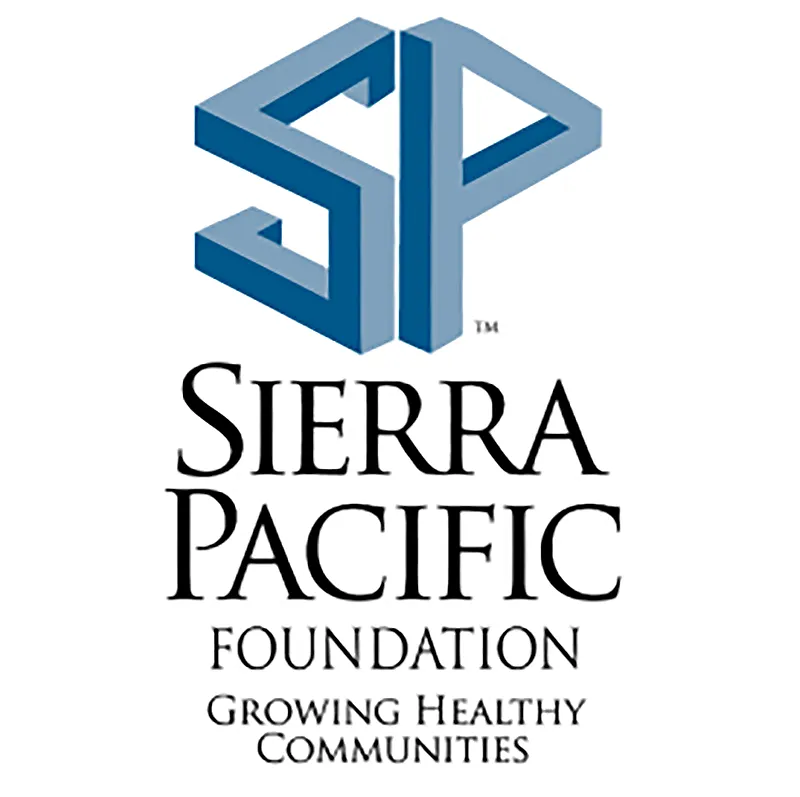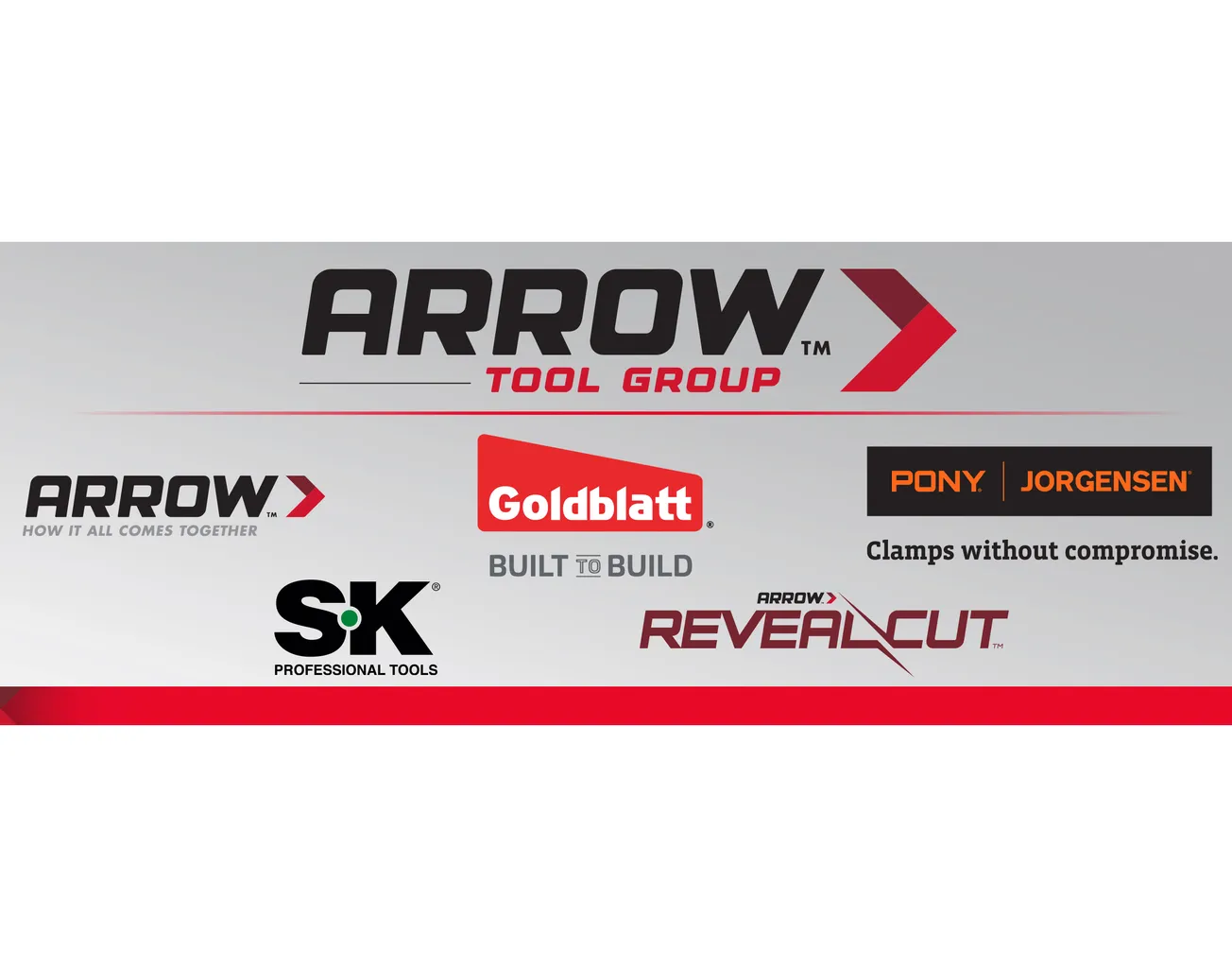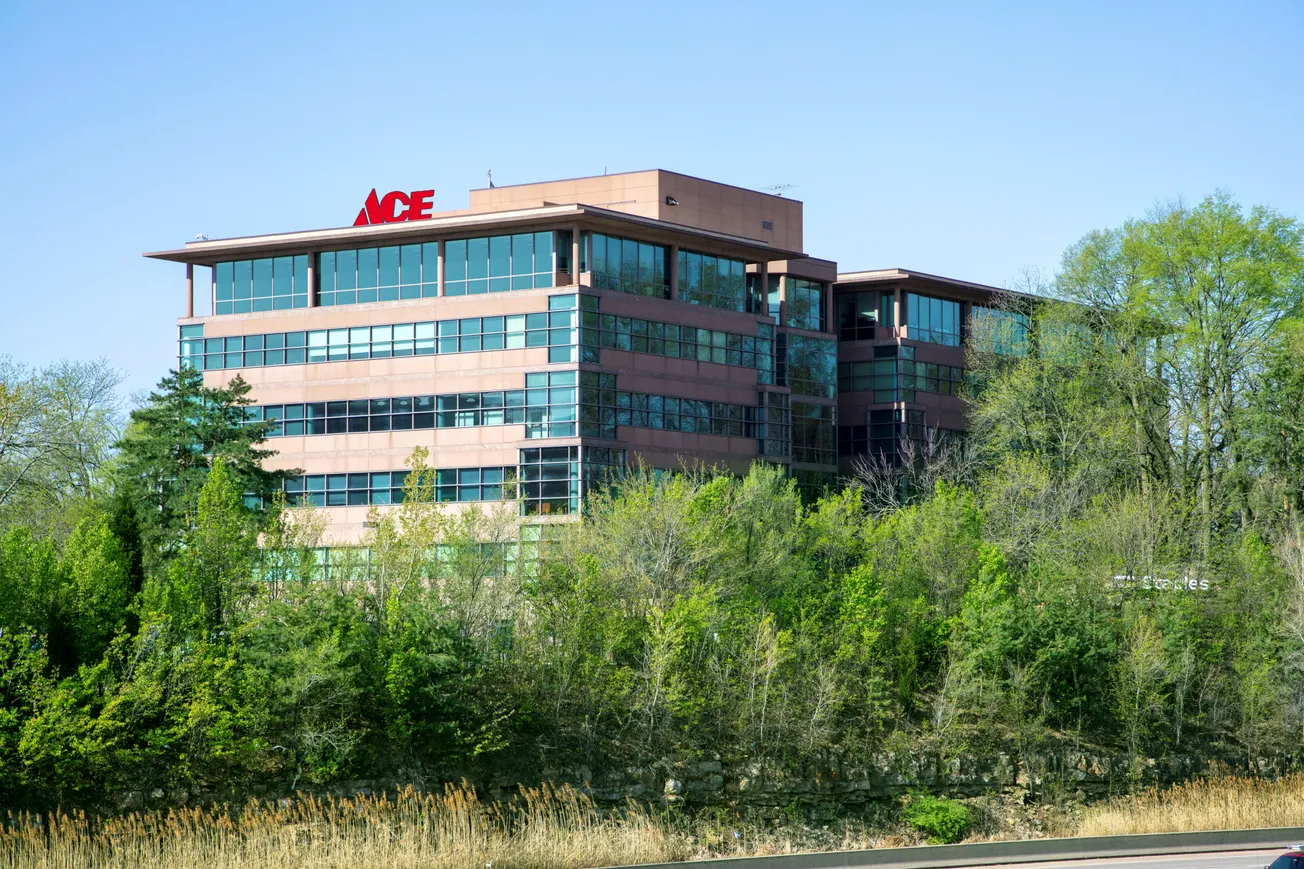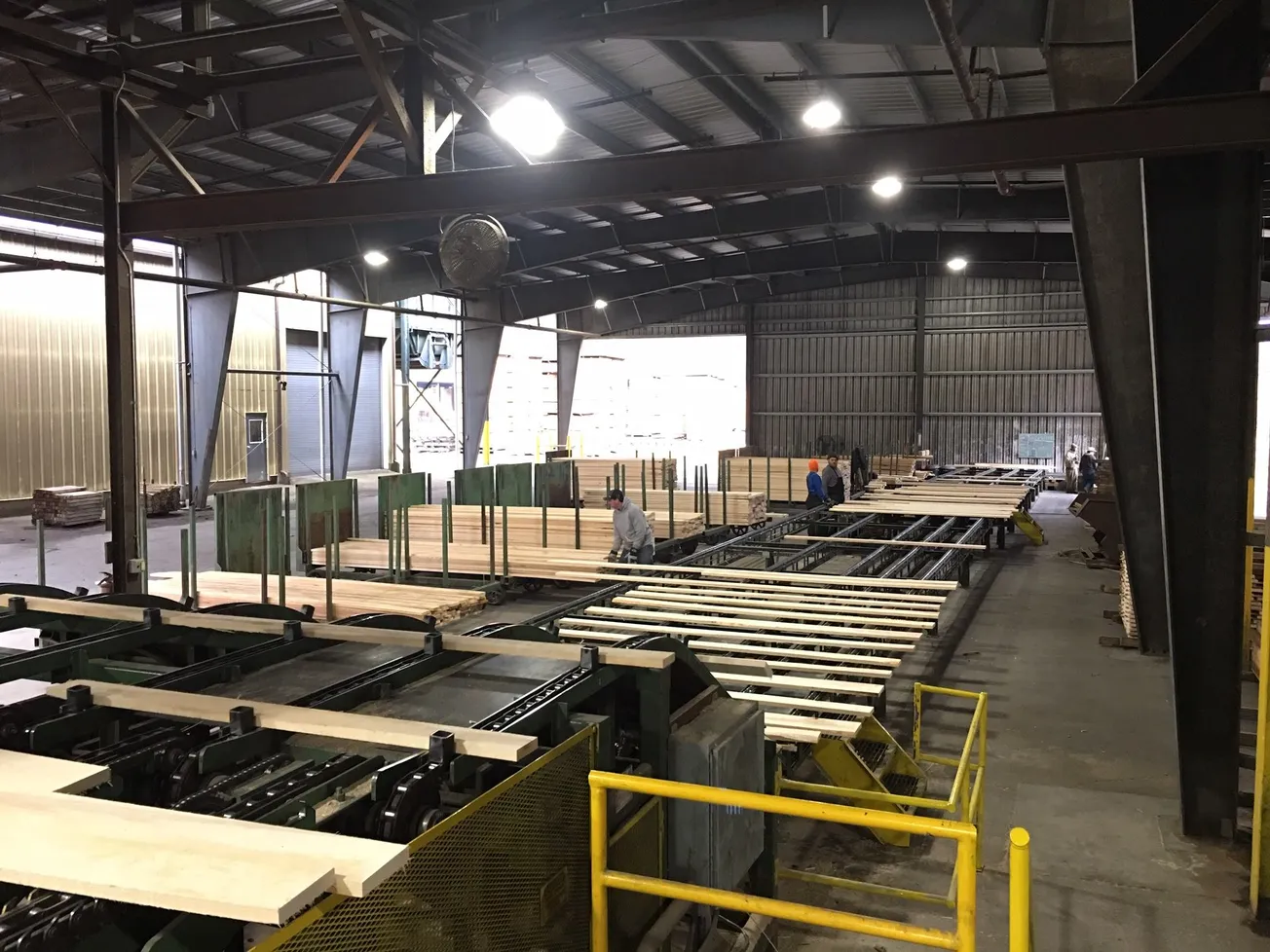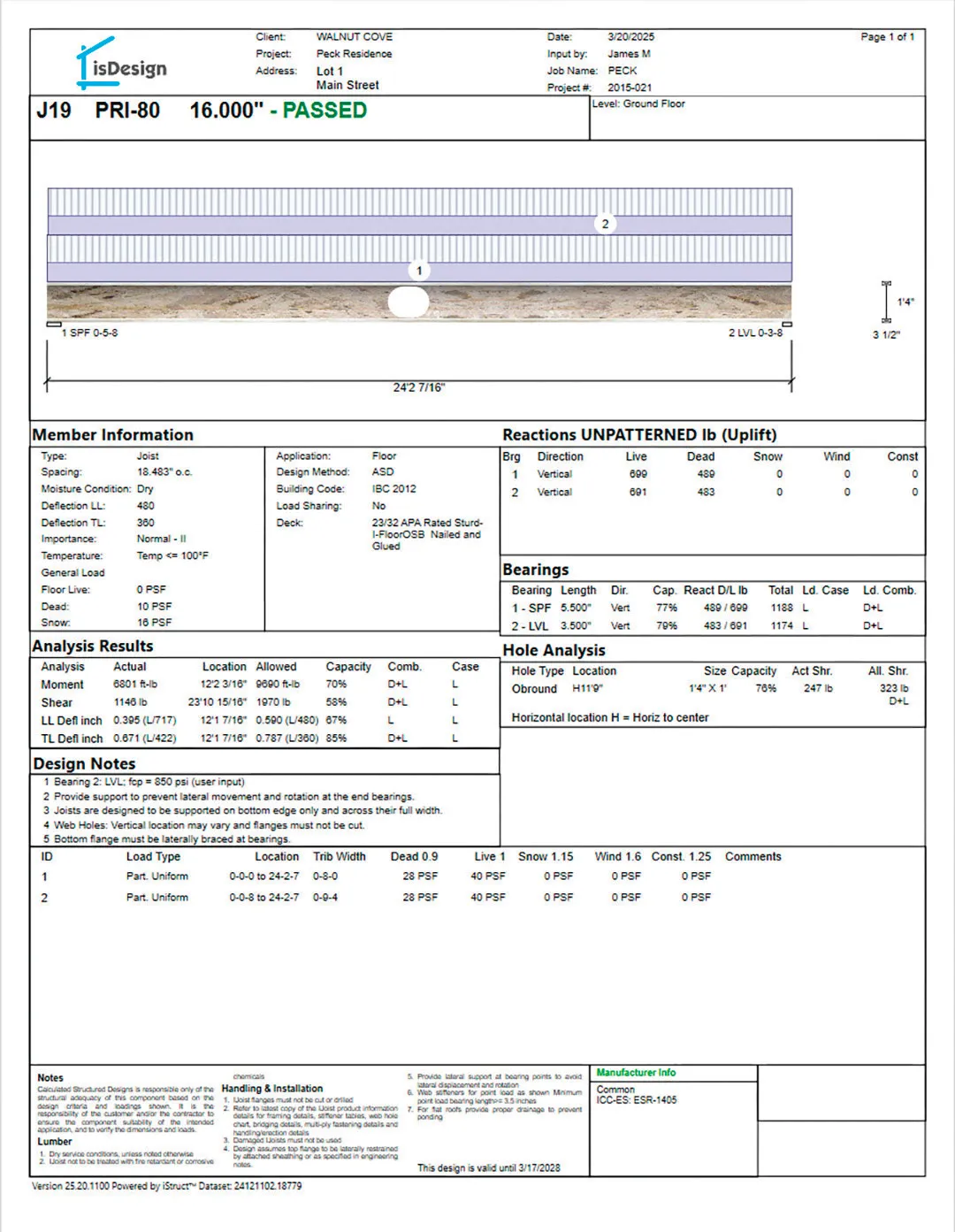Table of Contents
Roseburg will permanently end operations at its Missoula, Mt., particleboard plant on May 22—the final step in its plan to exit particleboard manufacturing and focus resources on other product segments, including MDF, engineered wood, plywood, and lumber.
Roseburg acquired the Missoula particleboard plant from Louisiana-Pacific in 2003 in an expansion of the company’s composite panel business. Built in 1969, the age of the manufacturing platform created challenges as the mill competed with more modern plants.
“The decision to permanently close a plant is always difficult. It is especially difficult with our Missoula operation as we complete our exit from the particleboard marketplace,” Roseburg’s president and CEO Stuart Gray said. “Unfortunately, Missoula’s older platform and technology is simply not competitive from a cost structure perspective in a marketplace with many new, modern particleboard facilities.
“We know this closure will have a significant impact on our team members there, and thus, our primary objective with this closure is to assist them through this transition as smoothly as possible,” Gray said. The plant currently employs approximately 150 team members. Roseburg will work closely with local resources to assist affected team members as the closure date approaches.
Roseburg is heavily invested in the composites industry, with manufacturing across North America. The company recently announced a $700 million investment in manufacturing in Oregon, including a new plant, Dillard MDF, which will make both medium- and high-density fiberboard, and Dillard Components, which will produce exterior trim. Construction of its Roanoke Valley Lumber mill in Weldon, N.C., is nearing completion, with sales of dimensional lumber underway.


